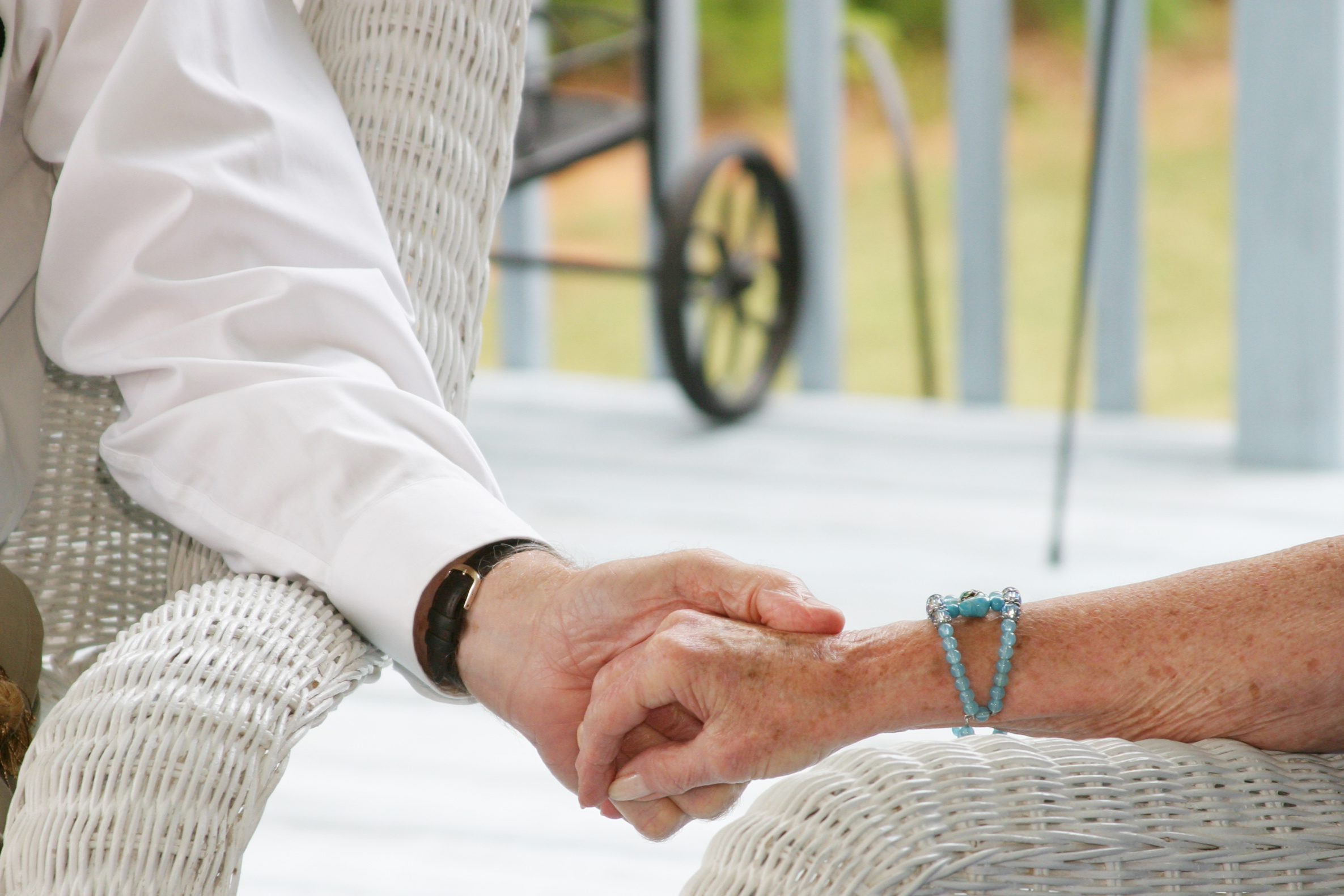All too often families of loved ones entering skilled nursing care misunderstand the rules that apply to protecting assets. This misunderstanding is particularly true as it relates to your loved one’s personal residence. Family members are told that certain assets are not liable to pay for a loved one’s stay in long term care, however, each situation can have dramatically different results.
Take for example, a loving couple, who is confronted with admitting one spouse into a nursing care facility. Disregarding other assets, their residence is their primary asset that they own together. The nursing care facility reassures the family that the residence won’t be sold to pay for the institutionalized spouse’s care. However, they did not plan for the scenario when the spouse living in the community passes away suddenly and the residence now belongs to the spouse in the facility.
At this point the skilled nursing facility will strongly encourage the family the sell the residence immediately to pay for care or they can elect to exempt the house from being included in the institutionalized spouse’s resources. Unfortunately, by exempting the residence from the resources, the family has only delayed the inevitable collection of money. This is called Medical Assistance Estate Recovery, which requires the state to be reimbursed from the estate of the individual who received Medical Assistance benefits.
Through the use of proper estate planning instruments and real estate titling, a family can reduce or eliminate the risk and costs associated with their loved one entering long term care. Contact Mooney and Associates for a consultation to discuss the pitfalls and risks of entering long term care and the strategies to avoid losing the house and much more. Schedule a consultation today at 717-200-HELP or 1-877-632-4656.


